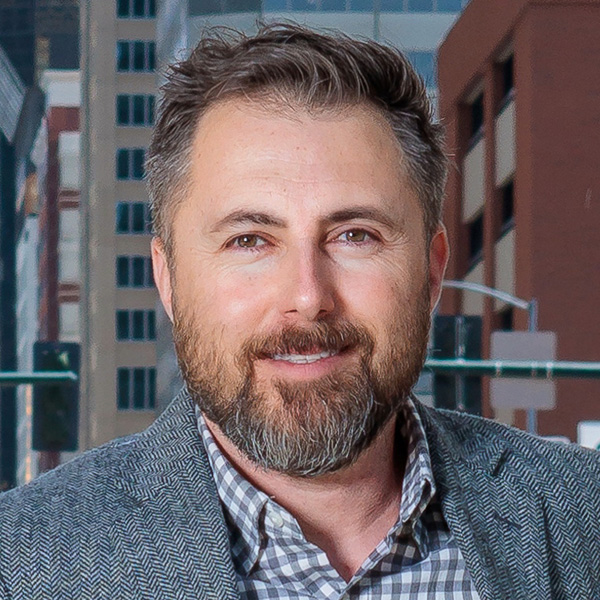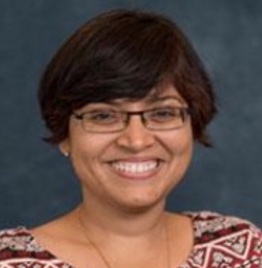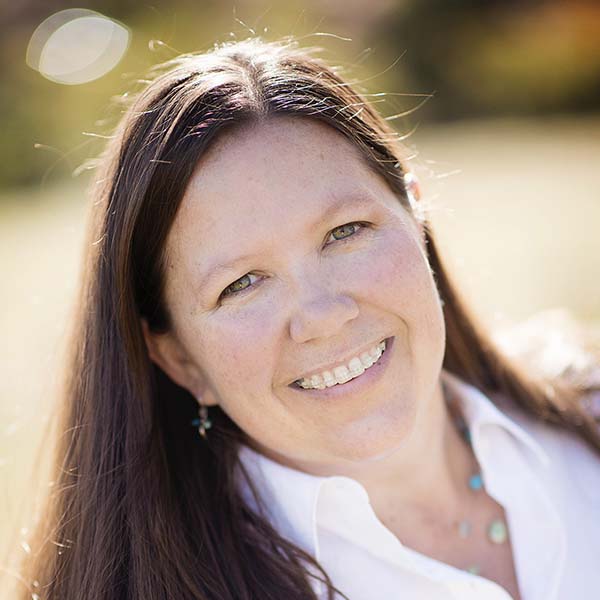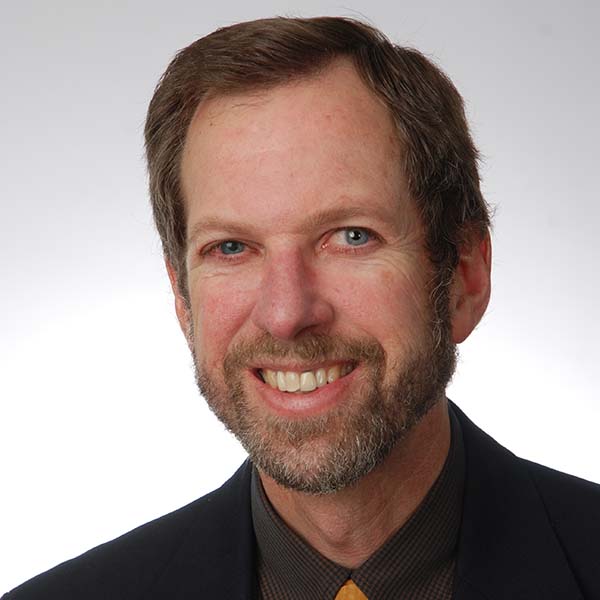Transportation engineering
Overview
Transportation engineering at the University of Colorado Denver is dedicated to creating a more sustainable, equitable, and resilient transportation system, particularly in terms of road safety, active transportation, and transit. With a campus located in heart of downtown Denver, the city becomes our research lab.
Our research activities combine empirical data and analysis with advanced computational and theoretical methods. Looking beyond what we think we know about transportation in order to uncover more fundamental knowledge requires both a more comprehensive viewpoint than is customary and the ability to embrace the fact that transportation is more complex than our current design approaches dictate. Our work is highly multi-disciplinary with a goal to not only advance the academic literature but policy and practice as well.
Let's Break it Down
Our core degree programs in Civil Engineering and/or Urban & Regional Planning emphasize the importance of incorporating a human-centered approach in the design and planning of transportation systems, making them an ideal choice for those seeking to make a positive impact on the world.
Making such an impact will require transportation professionals of diverse academic and cultural backgrounds. Prospective students do not need a background in engineering nor planning to be a good candidate for any of the following graduate-level transportation degrees:
Associated departments
- Planning and Design
- Computer Science
- Health and Behavioral Science
- School of Public Affairs
- Construction Management
- Structural Engineering
- Geotechnical Engineering
Transportation Research Center
We also offer a dual Master of Engineering + Master of Urban and Regional Planning (MEng + MURP) for 15 fewer credits than the separate degrees would entail.
We welcome students interested in transportation from various fields such as Public Policy, Public Health, Computer Science, Geography, Anthropology, Electrical Engineering, or Mechanical Engineering.
After taking at least two of four foundational courses, students can delve deeper into a core area:
- For students interested in Healthy Active Communities, coursework will cover topics such as the design and planning of walking and bicycling infrastructure, the promotion of active travel choices, and the integration of such infrastructure into transportation networks.
- For those interested in Equitable Road Safety, coursework will focus on the development of safe transportation systems, the analysis of road safety data, and the implementation of road safety policies and programs.
- In the Smart Sustainable Mobility track, students will learn about the integration of advanced technologies into transportation systems, transportation demand management, and intelligent transportation systems.
Course Map
Our program offers a blend of foundational courses that provide students with a broad understanding of the principles of human-centered transportation engineering and planning, as well as skill courses in Design;Data Science and GIS; as well as Communication and Community Building. These courses provide students with the technical knowledge and skills necessary to succeed in their chosen area. For added flexibility, the program offers a wide range of elective courses to support the unique goals and aspirations of individual students. Please click Here for the course map.
Faculty

Wesley Marshall, PhD, PE
Professor
Civil Engineering
Phone: 303-315-7568
Email: [email protected]
Website


Roxann Hayes, PE
Senior Instructor, CTT & Academic Advisor
Civil Engineering
Phone: 303-315-7594
Email: [email protected]
